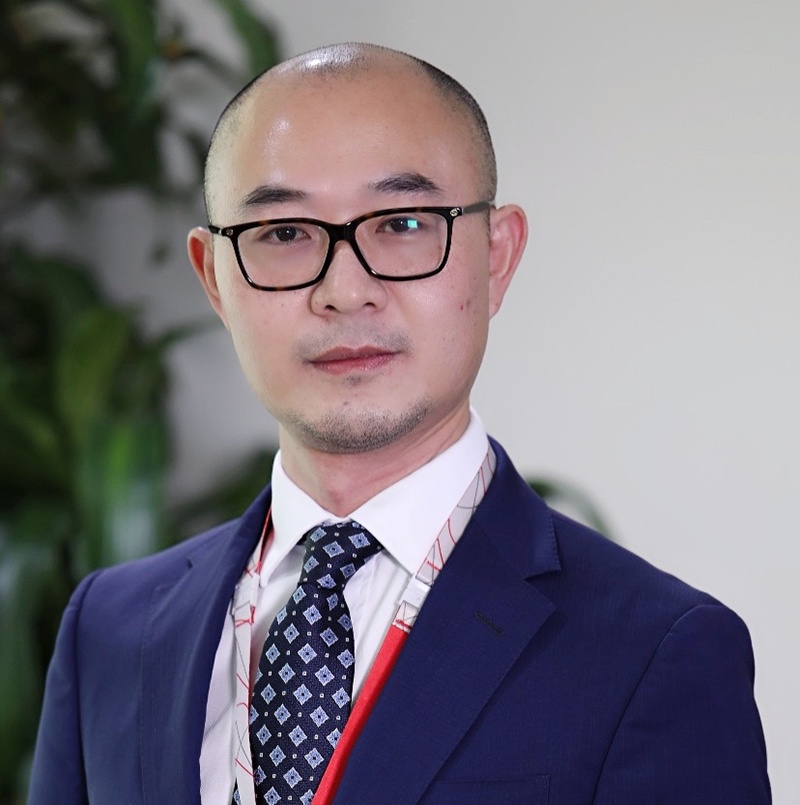By: Rico Lin, CEO, Huawei Kuwait
Rico Lin, CEO, Huawei KuwaitKUWAIT: In 2017, Kuwait unveiled a new plan to transform the country into a regional financial and cultural hub by 2035. The National Development Plan, called ‘New Kuwait’, set the long-term development plans for the country. Rightfully so, ICT was set at the heart of the government’s strategy. The ‘New Kuwait’ plan also placed strong emphasis on education as a catalyst to economic diversification, sustainable growth and social progress.
Since the launch of the plan, the Kuwaiti government has made incredible strides in the development of its ICT sector. Kuwait has been at the forefront of innovation and adoption of ICT technologies, enabling its economy to become more competitive. By leveraging advanced technologies, organizations in Kuwait are increasingly more responsive and predictive to the citizens’ digital needs. As the government continues driving the adoption of advanced technologies such as 5G, artificial intelligence (AI), Internet of Things (IoT), big data, and cloud computing, ICT spending in Kuwait is predicted to reach US$10.1bn by 2024.
Conversely, the Kuwaiti government has been investing steadily in its education sector, underlining the importance of education in creating sustainable employment opportunities for Kuwaitis. As the youth across Kuwait gain academic qualifications, enhancing Kuwait’s current education models in partnership with the private sector players can help create more value for the country. Within the ICT industry, for example, the right education and skills training will empower Kuwaitis to join the future ICT workforce and contribute directly to the country’s future digital economy.
As a global technology leader, Huawei invests heavily to help equip Kuwait’s talent with the necessary skills to compete in the global marketplace. We strongly advocate for an open, shared, ICT talent ecosystem that benefits all in Kuwait. We have collaborated effectively with local entities such as Kuwait Foundation for the Advancement of Sciences (KFAS) ,CAIT (Central Agency for Information and Technologies), and Youth Public Authority (YPA) to create a positive long-lasting impact.
To further contribute to the local ICT talent development, we’ve also partnered with leading education institutions like Australian College of Kuwait (ACK) and Kuwait College of Science and Technology (KCST) to establish Huawei ICT Academies at their respective campuses, which provide industry training and certification to their students. In addition, we established the Huawei Innovation and Training Center in Hamra Tower to transfer knowledge to Kuwaiti students.
We recently launched the 2021 edition of our annual education program Seeds for the Future in Kuwait and the rest of the Middle East. Students participating in the Seeds for the Future program will have the opportunity to receive technology and cultural trainings, study cutting-edge technology such as 5G, cloud computing, AI, and IoT, explore Huawei’s exhibition halls, campus and stores through virtual tours, while gathering real-world experience through hands-on workshops in collaboration with institutions of higher education and partners from the public sector. To date, Huawei’s initiatives has positively impacted the lives of more than 3,000 students in Kuwait.
As we plan for a prosperous future of New Kuwait, it’s crucial that we harness the talent in the country and help build a highly skilled and experienced workforce that can help our country realize the goals of Vision 2035. By leveraging partnerships between the public and private sectors, we can help foster the future ICT leaders of the New Kuwait.



